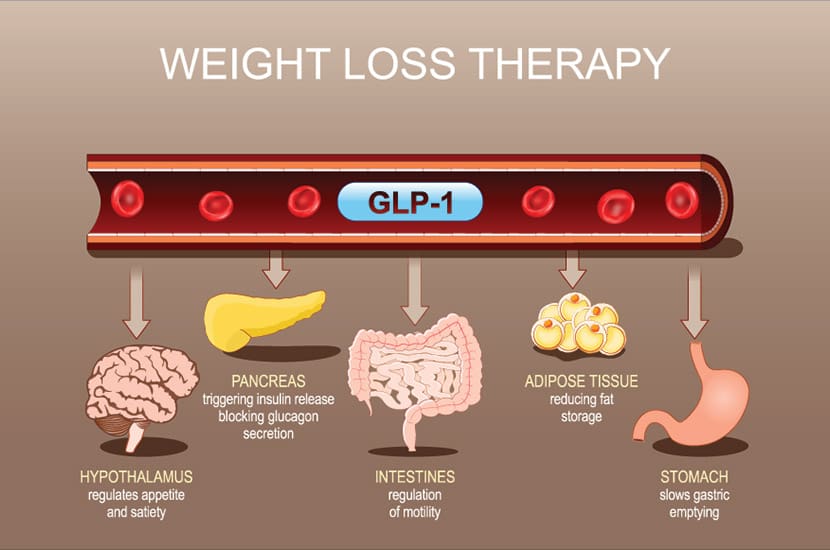You’re eating better. You’re on the meds. You’re walking. You’re doing everything right. So why isn’t the scale moving?
You know what doesn’t help with weight loss?
Scrolling Instagram at 1:00 a.m. while munching on stale crackers and wondering why you're still awake.
Walk down any supplement aisle and it hits you: “Do I actually need this?” “Is this one any good?” “Why does that bottle cost $12 and this one $60?”
Let’s be honest: once the weight starts coming off with GLP-1 medications like semaglutide or tirzepatide, it’s tempting to think “Maybe I don’t need to exercise anymore.”
If you’ve ever tried to lose weight, you’ve probably been told to count calories. And maybe you’ve wondered… “Am I supposed to do this for the rest of my life?”
If you’re looking into GLP-1 medications for weight loss, you’ve probably come across two big names: semaglutide and tirzepatide.
If you’ve heard the term “compounded semaglutide” or “compounded tirzepatide,” you might be wondering what it actually means — and whether it’s something you should consider.
If you’re taking a GLP-1 medication like semaglutide or tirzepatide, can you still enjoy the occasional glass of wine or margarita?
One of the most common questions that we get from patients using Semaglutide or Tirzepatide in our Online Medical Weight Loss Program is, “What are the long term effects of this medication?”
One of the most common questions that we get from patients using Semaglutide or Tirzepatide in our Online Medical Weight Loss Program is, “What are the long term effects of this medication?”















